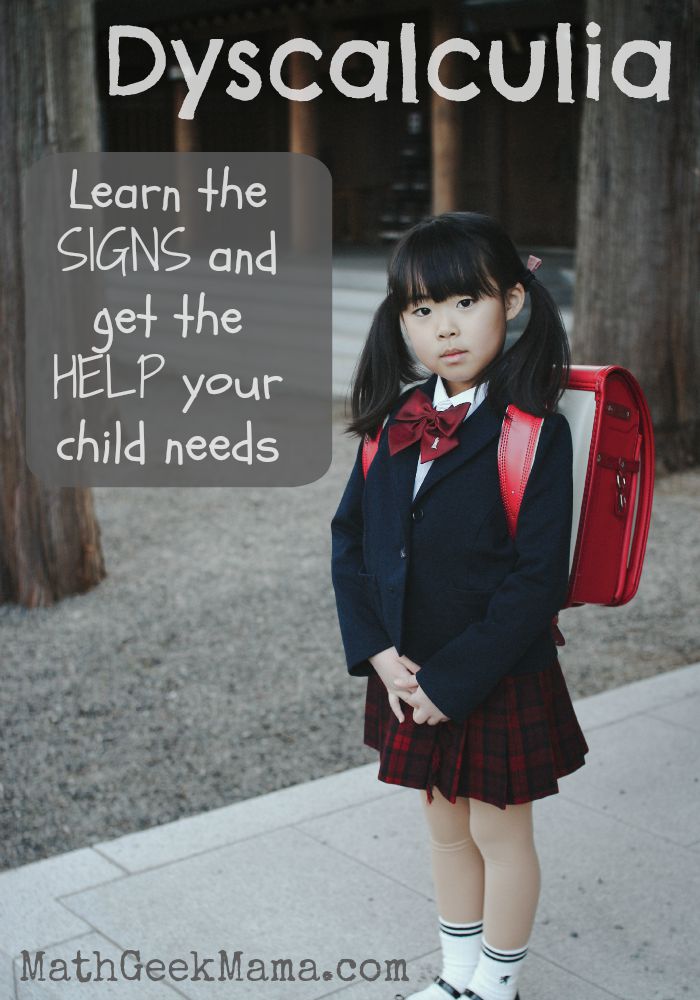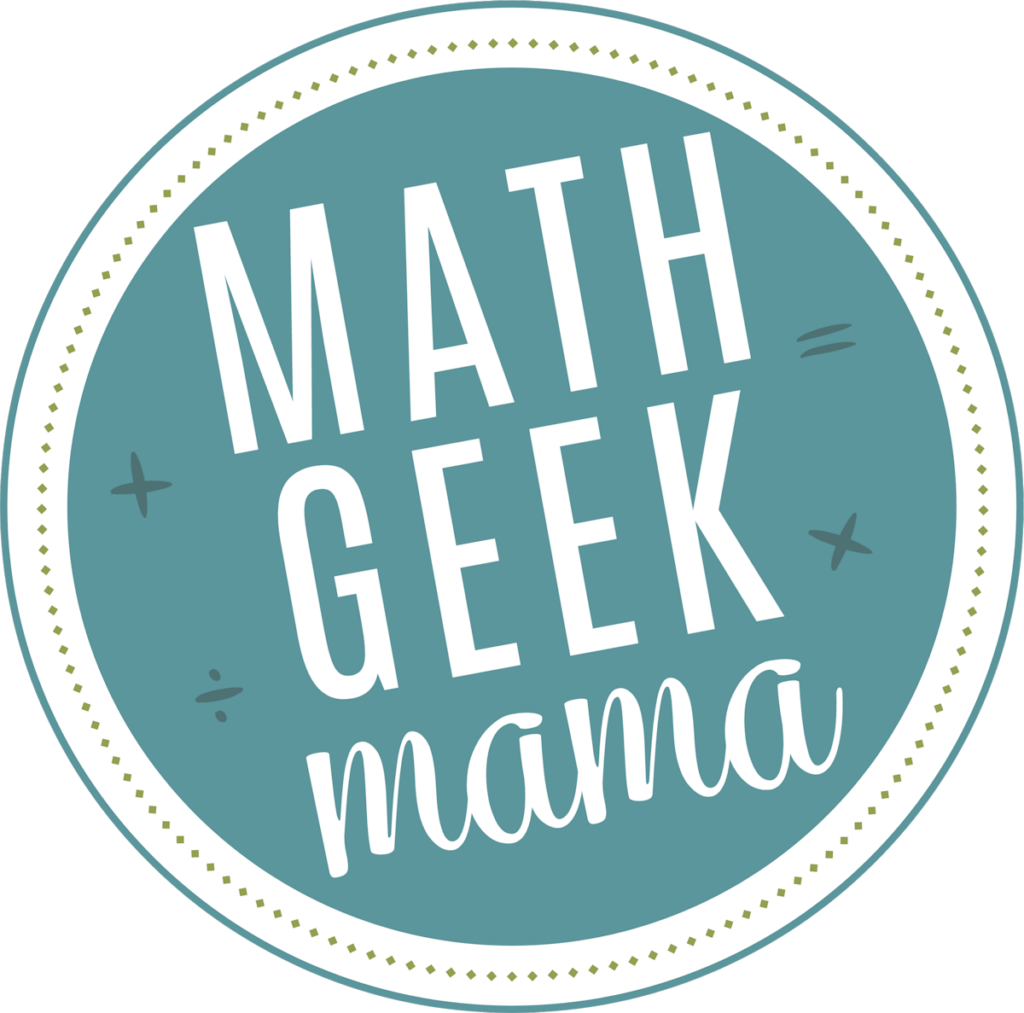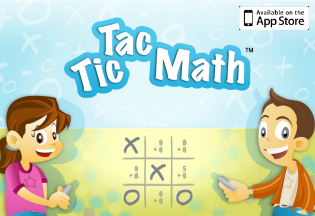Dyscalculia Resources

Dyscalculia Resources:
Definition: According to Understood.org, “Dyscalculia is a brain-based condition that makes it hard to make sense of numbers and math concepts.”
Accommodations: There are lots of ways to help students diagnosed with Dyscalculia, but the most important thing to remember is that every child is different and there will be no one-size-fits-all approach. Here are a few ideas, however, from Sharon at Rediscovered Families:
- Permission to use the calculator for anything involving numbers
- Given extra time to do math, especially on exams
- Ensuring that all instructions were written, as those with dyscalculia often have a hard time processing and/or remembering a list of verbal instructions
- Using graph paper to help keep the numbers in line for calculations
- Permission to read math problems out loud if helpful
- Providing uncluttered worksheets, so that students are not overwhelmed with too much visual information
- When presenting new material, make sure students are able to write each step down and talk it through until they understand it well enough to teach it back
For more ideas on accommodations for diagnosed students, see this article at Understood.org.
Other sites for further information and research:
About Dyscalculia provides a wealth of information and resources
Dyscalculia: What Parents Need to Know and About Diagnosis and Intervention
Dyscalculia Headlines posts any articles, posts or research on dyscalculia found in the news
Mathematical Brain shares resources, videos and research for educators
Support for Parents Whose Child has Been Diagnosed:
Understood.org provides a variety of resources and support for families with children struggling with learning disabilities
The Dyscalculia Forum as a Facebook page where families can find help and support from others who understand the challenges (they are also in the process of getting their website back up and running)
I hope this is a helpful starting point for you as you seek to find answers or simply wish to better educate yourself so that you can provide the help and support that kids with dyscalculia need.
It is possible for those struggling with dyscalculia to be successful and learn to use math in meaningful ways, and we must do everything we can to prevent kids from labeling themselves as “stupid,” simply because they have a learning disability.
Thank you for your help in raising awareness and spreading the word! If you find any other helpful sites or articles, please send me a link so that I can add them to this page!





